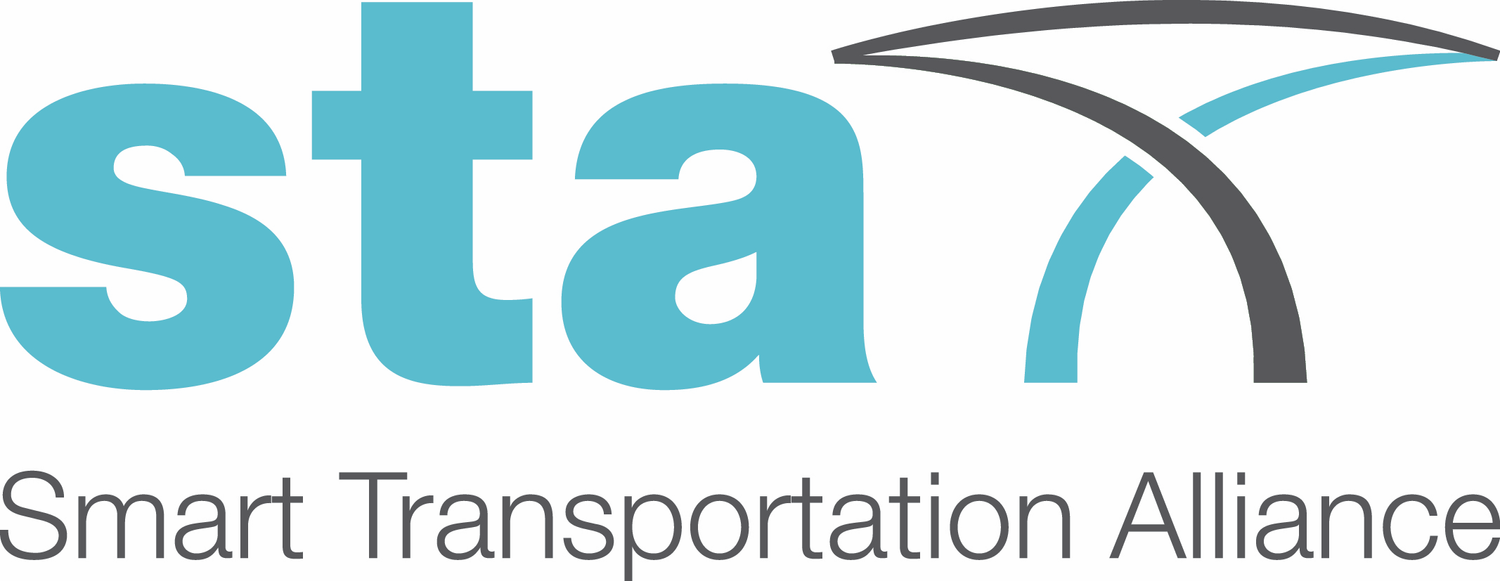STA Newsletter
Issue # June 2016
A bi-monthly online journal providing news and background about activities undertaken by STA with a view to improving the methods, technologies and standards associated to transportation infrastructures.
2016 STA Technical Roundtable Programme available now
9 May 2016
The Preliminary Programme for the 2016 STA Technical Roundtable is available here.
This one-day event offers a review of the on-going efforts carried out by the STA community to bring to reality the deployment of Smart Transportation Infrastructures connecting people and businesses across the world.
The Roundtable will take place in the heart of Europe –Brussels, Belgium – on Tuesday 25 October 2016, and will provide a unique opportunity to engage with practitioners leading and supporting activities improving the methods, technologies and standards associated to transportation infrastructures.
Register by email at info@smart-transportation.org.
STA, involved in the European Commission’s Strategic Transport Research and Innovation Agenda (STRIA)
23 June 2016
STA has contributed to the definition of the EU’s Strategic Transport Research and Innovation Agenda (STRIA), which intends to support the development and deployment of innovative low-carbon technologies and solutions for transport and mobility.
Dr Elena de la Peña, Chair of the STA Technical Committee 1 (Smart Mobility), and Prof José Manuel Vassallo, Chair of STA Technical Committee 4 (Smart Financing), have served as official ‘rapporteurs’ to the ‘Transport Infrastructure’ sub-report. In addition, José F. Papí, STA Chairman, was also invited to contribute as an expert to the same thematic area.
For each thematic area (7 in total), STRIA has developed a roadmap outlining the steps needed to support and speed up the research, innovation and deployment process of innovative technologies. The work accomplished defines the future transport R&I policy options available to the European Commission’s goals (reduce GHG, reduce energy consumption, and promote economic wealth).
STA General Meeting 4/2016 held on 30 June 2016
30 June 2016
The meeting regrouped the STA membership for the 4th time during the present year.
STA Members reviewed the on-going activities as well as the upcoming technical publications. The meeting also served to make further progress with the preparation of the STA Technical Roundtable on the Smart Transportation Infrastructures of the Future (Brussels, 25 October 2016).
“Innovation efforts when designing safer transportation infrastructures, as well as when implementing the best possible safety solutions in the maintenance and modernisation of existing ones, will contribute to reduce transportation mortality and injury rates, with a special eye on vulnerable users.”
NEWS OF INTEREST
EC approves €6.7 billion for transport infrastructure
The European Commission has unveiled a list of 195 transport projects that will receive €6.7 billion of funding under the Connecting Europe Facility (CEF).
The investment will unlock additional public and private co-financing for a combined amount of €9.6 billion.
The selected projects are primarily located on the core trans-European transport network (TEN-T). Among the beneficiaries are flagship initiatives such as rehabilitating the Brasov Sighisoara rail section in Romania, the railway connection Aveiro Vilar Formoso in Portugal, developing the standard gauge railway line in the Rail Baltic corridor, implementing the SESAR Deployment Programme(link is external) and modernising railway line E30 (Zabrze – Katowice – Krakow section) in Poland.
Africa needs an Integrated Freight Strategy
Freight rail or supporting logistics pit-to-port infrastructure in Africa is generally poor - characterised by inefficiencies, maintenance issues, long delays and consequent high cost. In fact, except for South Africa, that still has the most sophisticated rail network on the continent, no country in Africa is showing sufficient consideration of all technical and non-technical aspects in their infrastructure development or expansion plans. As a result, and despite significant planned new investments in Africa’s mining sectors, there is still insufficient funding and co-ordinated planning going into the establishment of the much needed supporting logistics infrastructure.





